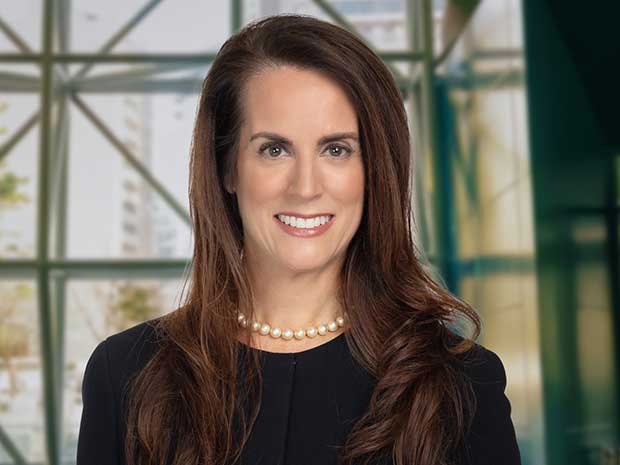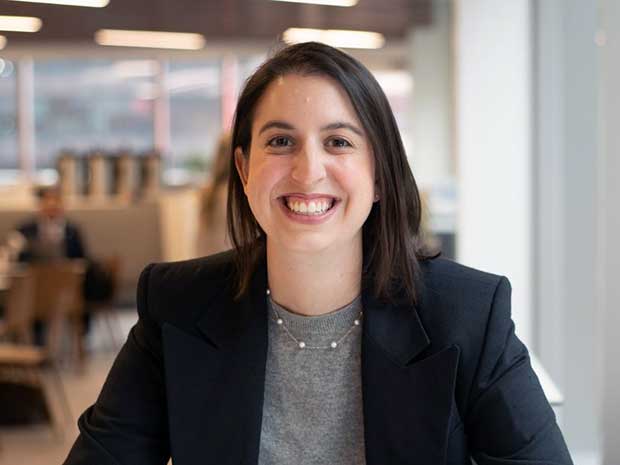Tariffs on medtech imports can reach 39%, raising costs for U.S. companies.
Key takeaways
Nairobi Protocol allows duty-free entry for devices aiding chronic disabilities.
Devices must be uniquely designed for disabled users to qualify for tariff relief.
In an era of escalating trade tensions and protective tariffs, U.S. medtech importers face a significant financial burden. Traditionally, many medical devices have been duty-free, but in today’s uncertain tariff environment, that has changed. Tariffs can substantially increase costs, currently up to 39% on products from certain countries, such as Switzerland, a country where many medical devices are produced. The medical device supply chain is complex, with 50% of medical devices utilizing semiconductors, another sector which potentially faces significant hurdles due to proposed tariffs.
This chart notes general customs value for medical devices imported into the U.S. during 2024:
Source: RSM US LLP; U.S. Department of Commerce, Commodity Codes 9018, 9019, 9020, 9021 and 9022
However, a lesser-known international agreement, the Nairobi Protocol, formally known as the Protocol to the Agreement on the Importation of Educational, Scientific and Cultural Materials, offers a pathway to duty-free importation for specific medical devices, as it aims to facilitate access to essential goods for vulnerable populations, including those with disabilities. This protocol provides a tariff exemption under the Harmonized Tariff Schedule of the United States (HTSUS), allowing qualifying medical devices to enter the country without duties.
Nairobi Protocol application
In the context of medical devices, the protocol emphasizes articles "specially designed or adapted" for any person suffering from a permanent or chronic physical or mental impairment which substantially limits one or more major life activities such as walking, seeing, hearing, speaking or managing chronic conditions such as diabetes or cardiovascular diseases. Examples of eligible articles include blood glucose monitors, oxygen devices, robotic arms or text-to-speech devices. However, articles for acute or transient disabilities or for consumer use do not qualify. If applicable, a special tariff code overrides standard tariff rates, effectively eliminating duties—including additional tariffs from trade disputes—provided the imported goods meet strict criteria.
To leverage the Nairobi Protocol, importers must demonstrate that their medical devices meet two primary criteria:
- The device must be for "handicapped persons," defined as individuals with permanent or chronic physical or mental impairments of sufficient severity. Examples, as touched on above, include chronic visual or hearing loss, diabetes, arrhythmias, mobility disabilities or speech impediments. Transient issues, like temporary injuries, do not qualify.
- The product must be "specially designed or adapted" for these users and "easily distinguishable" from similar items for general use. This could involve unique features, such as enhanced accessibility interfaces or medical-grade precision not found in consumer products. For medical devices, this often includes U.S. Food and Drug Administration-regulated items like patient-lifting equipment or implantable devices for chronic conditions.
While the protocol provides relief, it does not cover all medical devices, limiting its scope to those for disabilities. As such, it is essential for medtech companies to examine their products’ eligibility and substantiate the claims prior to applying this special tariff provision.
Next steps
- Conduct a thorough self-assessment that includes a review of product specifications, clinical data and marketing materials to confirm eligibility
- Obtain a binding ruling from U.S. Customs and Border Protection for certainty
- Develop procedures and protocols to substantiate the claim, which includes gathering certificates of eligibility or affidavits affirming the device's purpose
For medtech companies facing new tariffs, capitalizing on the Nairobi Protocol offers immediate relief without needing supply chain restructuring. It could potentially eliminate tariffs that could otherwise add upwards of 39% to import costs, as seen in recent U.S. policies. This is especially vital for small and medium-sized enterprises in the medical device sector, enabling competitive pricing and broader access to life-enhancing technologies.



